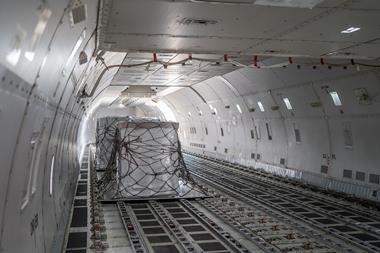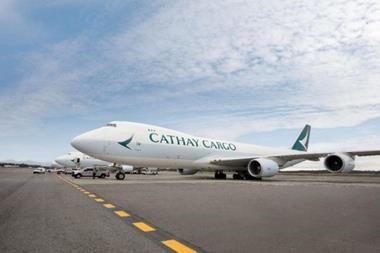IATA has confirmed that its IATA’s Cargo-XML messaging standard is to be used by US Customs and Border Protection (US-CBP) to collect advance data on US export shipments.
The new data format will, the association said, make electronic communication between the CBP’s Automated Commercial Environment (ACE) system, airlines and other air cargo stakeholders “simpler and more efficient”.
Moreover, IATA added, it will “facilitate growth in trade, ensure cargo security, and foster participation in global commerce through advance electronic data submission for air cargo shipments”.
CBP’s adoption of the new standards is due to begin within the next few months.
The agency is working to reduce the large number of different Electronic Data Interchange (EDI) message formats currently supported to process international import, export cargo and cargo release information and IATA is assisting in this effort by allowing CBP to publish to the minimal data file specifications for the IATA Cargo-XML messages.
Nick Careen, the association’s senior vice president for airport, passenger, cargo and security, observed: “Airlines, freight-forwarders, shippers and border agencies share the common goals of simplifying processes, enhancing efficiency and maximising safety and security.
“The key to achieving this is industry collaboration and standardisation on a global scale.
“Having support for Cargo-XML from the US CBP, one of the world’s largest federal law enforcement agencies, will positively contribute towards the industry achieving its objective – the global adoption of a standard air cargo messaging system.”
According to IATA, by adopting a common messaging standard – IATA’s Cargo-XML – for all airfreight shipments, the industry can be confident that the information being provided to CBP is technically correct.
The new messaging standard will also make it easier for CBP agents to identify freight that contravenes US legislation, it pointed out.










